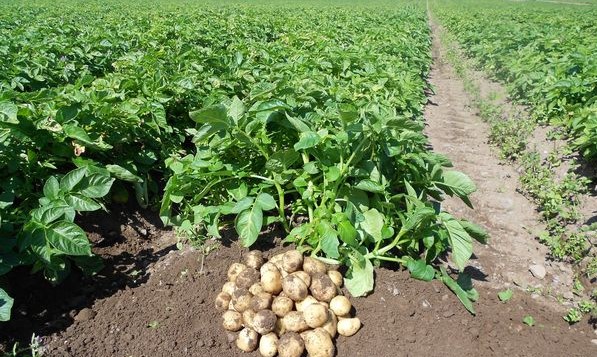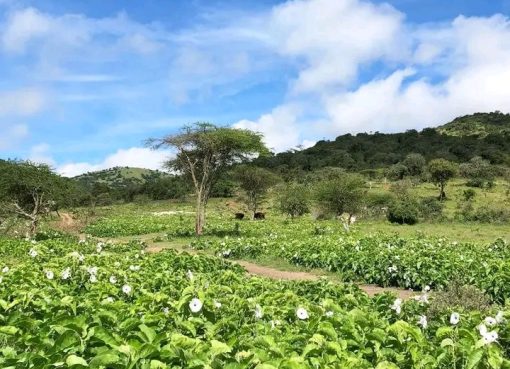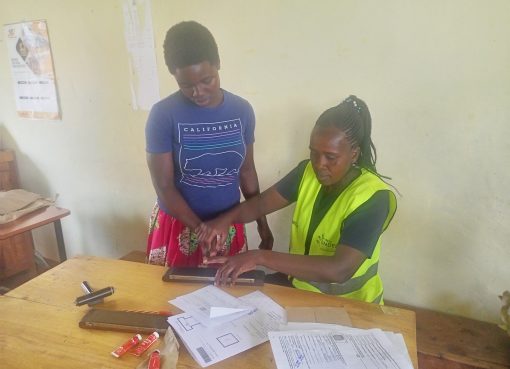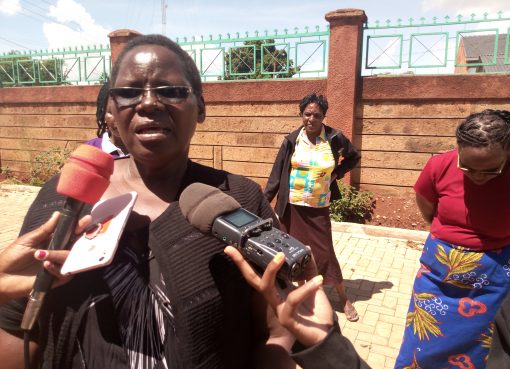When the National Treasury imposed a 30 percent duty on potatoes imported into Kenya from outside the umbrella market of the East Africa Community in early June 2021, potato farming in Taita Taveta County was, by and large, an alien idea.
Defending the move, Treasury Cabinet Secretary, Ukur Yatani said that the imposed duty would go a long way to protect local potato farmers.
“We’re looking out for our local potato farmers, who have been sidelined because of imports from South Africa and Egypt,” CS Yatani defended.
Before the directive by the National Exchequer, a measly 500 farmers in the entire Taita Taveta County grew potatoes though on small scale.
Today, barely three months after the directive, the county now boasts of 3,800 potato farmers spread across the slopes of Wundanyi and the plains of Mwatate and Taveta.
Although the shifting to potato farming has largely been due to favourable farming and market conditions, some farmers are ditching maize farming due to the time it takes to mature.
On average, maize takes six months from planting to harvesting in Wundanyi and Taveta, and farmers only grow it in one season each year. On the other hand, potatoes take three months to mature and be ready to harvest, and farmers can plant for at least three seasons in a year.
“I must say the support we’re getting from the national and county governments and research entities has a lot to do with the shifting to potato farming. But we’re also running away from maize that takes six months to mature, and we only plant it in one season per year. Potatoes mature faster, and the prices are better,” said Rose Shighadi, a budding potato farmer from Werugha.
In the national outlook, potatoes have climbed to clinch the second position in the staple foods’ scales in Kenya after maize.
The efforts by the National Government have received a shot in the arm from the International Livestock Research Institute (ILRI) through its Accelerated Value Added Chain Development (AVCD) programme.
The AVCD programme has been a game changer in not only shaping the farmers’ mentality on potato farming, but also providing high-grade seeds, technical support, value addition procedures, as well as market research for the produce.
Farmers in Taita Taveta, who have undergone the AVCD training, are heaping praises to the programme as it has improved their yields and increased revenue.
“I’m happy that I took up the challenge to grow potatoes. Before the training, I only managed slightly below five tonnes per acre. But after undergoing the AVCD training and getting high-quality seeds, I now harvest up to fourteen tonnes per acre. The prices are good too, and I think many more farmers will continue making the switch,” shared Simeon Mwaghalo, a potato farmer in Wundanyi.
Potato farming in Kenya holds the potential for an economic revolution if more farmers join the sector. Kenya’s potato seed production stands at 6,700 tonnes against an annual domestic demand of 30,000 tonnes.
The severe shortage in seeds has, in the past, forced farmers to recycle previous crops, a practice that further cripples the seed supply in the country.
At a current output of two million tonnes of potatoes each year, Kenya can shore up the production to eight million tonnes annually by encouraging and supporting more farmers to join potato farming.
By Arnold Linga Masila





